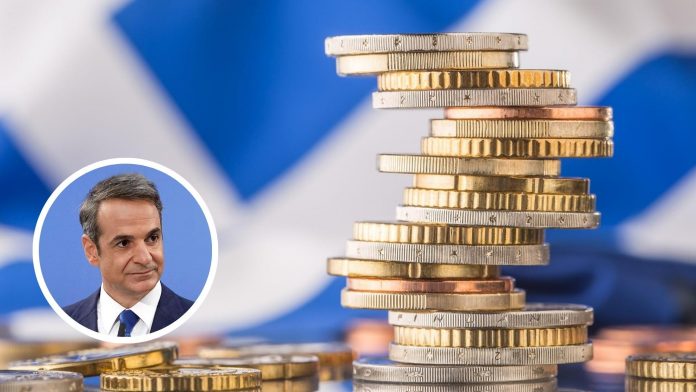The European Commission confirmed on Wednesday that it is winding up its ‘enhanced surveillance’ of Greece’s government spending after 12 years.
The move marks a formal end to a major financial crisis that threatened to see Greece ejected from the euro single currency group, imposed severe hardship on its citizens and roiled global markets.
In a statement, the Commission said it will end its “enhanced surveillance” program on August 20, noting that “Greece has delivered on the bulk of the policy commitments” made to its partners in the 19-country euro area and has “achieved effective reform implementation.”
“The resilience of the Greek economy has substantially improved and the risks of spill-over effects on the Euro area economy have diminished significantly. Hence, maintaining Greece under enhanced surveillance is no longer justified,” the statement said.

The Commission added that the monitoring of the country’s economic, fiscal and financial situation will continue in the context of the post-programme surveillance (PPS) and the European Semester.
Greece was granted billions of euros in three successive bailouts after 2010, when Athens lost access to international bond markets after admitting it had misreported key financial data.
The country has been in enhanced surveillance status since 2018, when its third bailout program ended.
In response to the Commission’s statement, Greek Finance Minister, Christos Staikouras, said the end of the surveillance was a great achievement.
“With this development, along with the premature repayment of the International Monetary Fund loans and the lifting of capital restrictions, a difficult chapter for our nation ends after 12 years,” Staikouras said in a statement.
“Greece is returning to European normality and stops being an exception in the eurozone.
“This achievement is the fruit and the recognition of the great sacrifices of Greek society, of the government’s fiscal policies but also of its broader reforms.”
Although Greece has returned to international bond markets, its credit rating remains below investment grade, which raises its borrowing costs and precludes many potential investors from buying Greek bonds. The government in Athens says it hopes to regain investment grade by next year.
READ MORE: Eurogroup approves Greek exit from enhanced economic surveillance.
Source: AP News.

